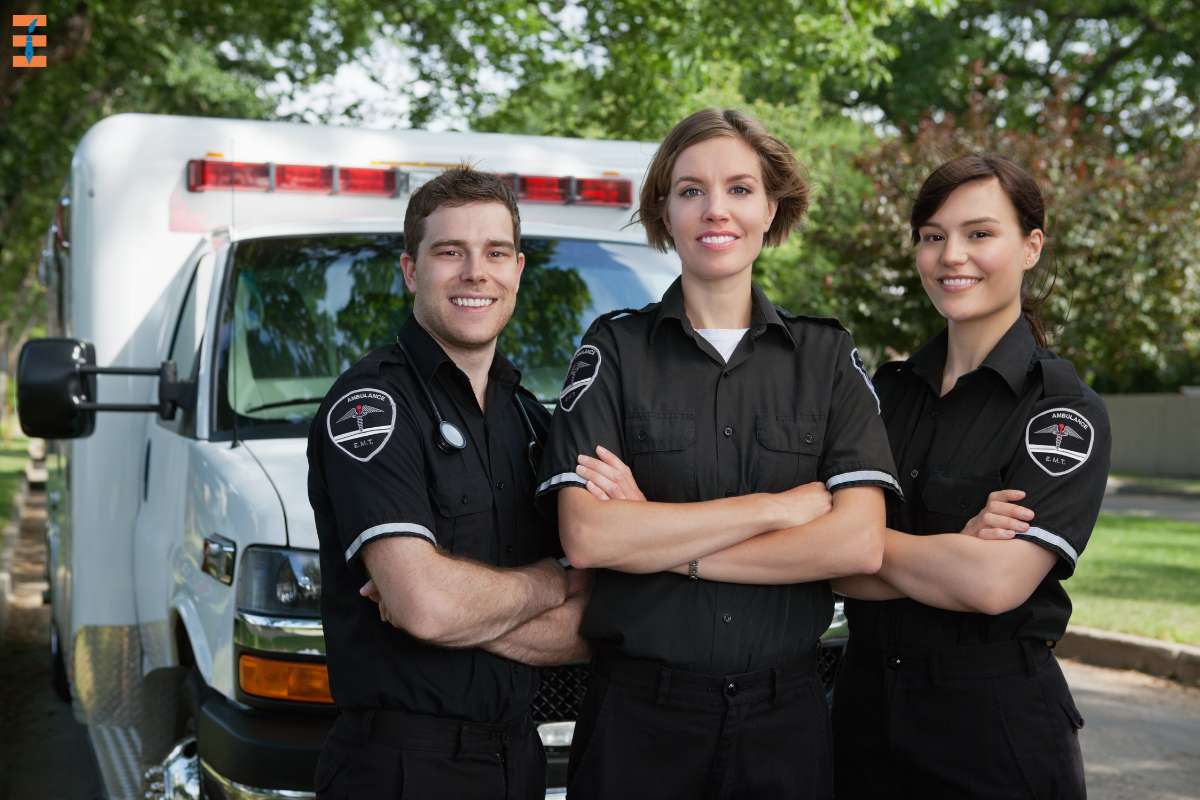In order to get professional certificates in the area of health care, it is necessary to first satisfy all of the educational criteria in that sector. After you have finished the criteria, you will be able to choose a healthcare certification program that corresponds to the professional route that you want to take. Before starting the process of pursuing a career in health care, you should first prepare for and do research into the kind of health care jobs that interest you.
Medical certificates demonstrate that you have the skills and knowledge necessary to successfully carry out the responsibilities associated with a specific job. It is also essential since it may provide a pathway for you to join the healthcare business, even if you are still a student or are trying to make the transition from another industry.
Suppose you are still a student or are looking to make the transition from another industry, After finishing your education. In that case, the vast majority of healthcare professionals are required to earn a certification in their field. However, in some fields, such as healthcare management and information systems, it is possible to earn healthcare certification for positions even if you do not have previous experience working in the health industry.
Here are the 5 Best Healthcare Certifications;
1. Certified Coding Specialist Physician-Based (CCS-P)
This particular healthcare certification is designed for coders who have reached an expert level and are eager to get extra experience working in a clinical environment. Professionals who have earned a Certified Coding Specialist Physician-based Certification have the ability to get employment not just in group practices but also in physician and specialty clinics.

You’ll get in-depth knowledge of patients’ records and be tasked with assigning codes to each treatment a patient undergoes and the ailment they suffer from. You may also get a comprehensive understanding of the documentation of health care records and the quality of the data that is being handled at a practice.
2 Certified Patient Care Technicians (CPCT)
The National Healthcareer Association (NHA) is the organization that offers this qualification, and patient care technicians, due to the nature of the job they do with patients, are sometimes categorized as nursing assistants.
In order to become a certified patient care technician, you will be required to execute a variety of responsibilities, such as supporting physicians during patients’ medical examinations, feeding patients, giving patients medicine as necessary, and assisting patients with bathing and using the toilet. You will provide patients with answers to their inquiries about specific treatments and assist with lab work that has been delegated by a practicing physician.
3. Certified EKG Technician (CET)
If you wish to specialize in providing patients with EKG testing, you should consider earning a CET certification in order to demonstrate your competence in the field. The results of this test may indicate whether or not you have cardiac abnormalities that put you at risk for having a heart attack or developing heart disease.

You are responsible for providing the patient with an explanation of every aspect of the process, assessing the patient’s blood pressure, communicating with cardiologists to arrange for stress testing, and working around a patient’s schedule to schedule an appointment. During the course of the healthcare certification program, you will have the opportunity to participate in patient contact classes, which will help you develop your capacity for effective communication and increase the speed with which you can respond to questions.
4. Certified Phlebotomy Technician (CPT)
A CPT healthcare certification requires the collection of all specimens for testing, regardless of whether or not the examples pertain to blood. These samples are analyzed in a clinical laboratory to determine if a patient suffers from a disease or whether the drugs that have been given by a doctor are having the desired effect.
Blood may also be used during blood drives and blood donation facilities in order for it to be distributed to those who are in need of blood from a donor. In this course, not only will you learn how to take blood and engage with patients for certain procedures, but you will also perform testing procedures while working in a virtual environment.
5. Certified Clinical Medical Assistant (CCMA)

As the CCMA healthcare certification is very similar to the CPCT certification, the tasks that you will need to complete are also very similar. These tasks include providing patients with medication, checking vital signs, recording patients’ medical histories, preparing rooms before an examination, and educating patients on preventative measures they can take to avoid becoming ill. You might be eligible for job placement services after you finish this program.
Bottom Line:
The healthcare sector requires you to fulfill the basic educational criteria before entering into it. You can choose healthcare certification courses in it to enhance your medical skills and be a productive asset for the field. Such a certification program should match your career path and make you more capable than your competitors. We hope our article “The 5 best healthcare certifications” helped you to choose the best program and enrich your skills.
Also Read: 20 Best EdTech Platforms for Educators










